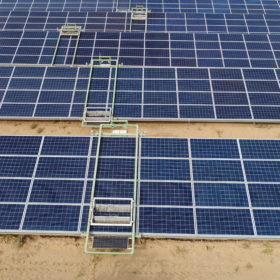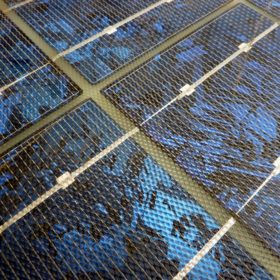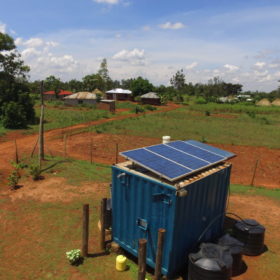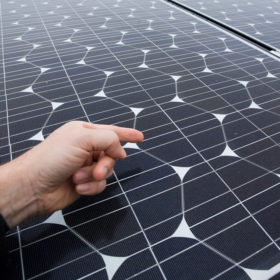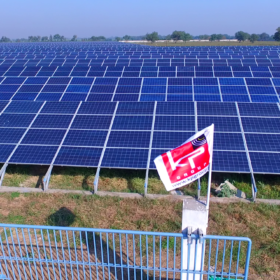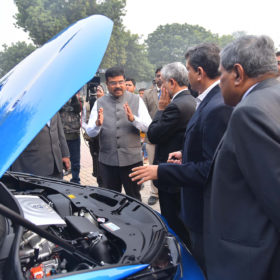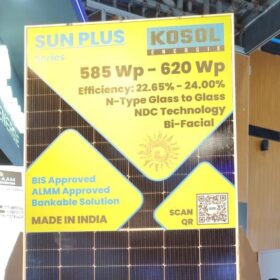India’s electric vehicle market will grow annually at 36% till 2026: IESA
Electric vehicle (EV) battery market will grow annually at 30%, growing almost six times to 28 GWh from 4.75 GWh in 2018. The EV infrastructure will grow at double the pace (60% annually), reaching 50,000 units from less than a thousand in 2018.
ReNew Power forms JV with Korean major GS E&C for 300 MW solar project in Rajasthan
The Indian developer will hold majority 51% equity in the joint venture, while the balance will be held by GS E&C. The project is part of the capacity auctioned by Solar Energy Corporation of India (SECI) under its tranche-IV earlier this year.
Central Electronics Ltd tenders for supply of multicrystalline solar cells
Bids are invited for supply of 5-busbar cells with an efficiency of minimum 19.4%. A total of one million quantities are to be supplied. Bidding closes on December 26.
Indian government leading by example in renewable energy adoption: IEEFA
Government incentives driving state-owned enterprises’ investment away from the soon-to-be stranded fossil fuel based assets are a way of further boosting investment in the renewable energy sector.
NTPC tenders 923 MW solar across India, another 500 MW for Maharashtra
The 923 MW grid-connected solar capacity—tendered under Central Public Sector Undertaking (CPSU) Scheme—is to be developed using only domestically manufactured solar cells and modules. Whereas, modules for the 500 MW project in Maharashtra can be procured from either domestic manufacturers, or imported.
COP25: India calls for speedier expansion of International Solar Alliance
Launched in November 2015, the alliance aims to collectively address key challenges to the scaling up of solar energy in member countries that fall between Tropic of Cancer and Tropic of Capricorn. Out of 121 prospective member countries, over 83 have already joined it in a period of just four years.
EESL tenders for 100 MWp solar modules
Energy Efficiency Services Ltd, under the Ministry of Power, intends to procure an aggregate 100 MWp quantity of solar modules rated 325 Wp or above for the state of Maharashtra. Bidding closes on December 27.
Gujarat notifies guidelines for small-scale distributed solar projects
The state government’s Policy for Development of Small-scale Distributed Solar Projects 2019 allows any individual or company to set up solar plants in capacities ranging from 0.5 MW to 4 MW for sale of electricity to the DISCOMs.
Coal India arm tenders 20 MW solar project in Jharkhand
Developers have until January 15, 2020 to submit bids for the project that shall come up at Central Coalfields Limited’s plant in Piparwar of Jharkhand.
Petroleum minister calls for making hydrogen fuel cell technology affordable
Hydrogen can be produced from various sources including biomass, renewables and LNG and possesses high energy density and long-time storage—said the minister, who recently took the test drive of a hydrogen fuel cell based car manufactured by Toyota Kirloskar.


